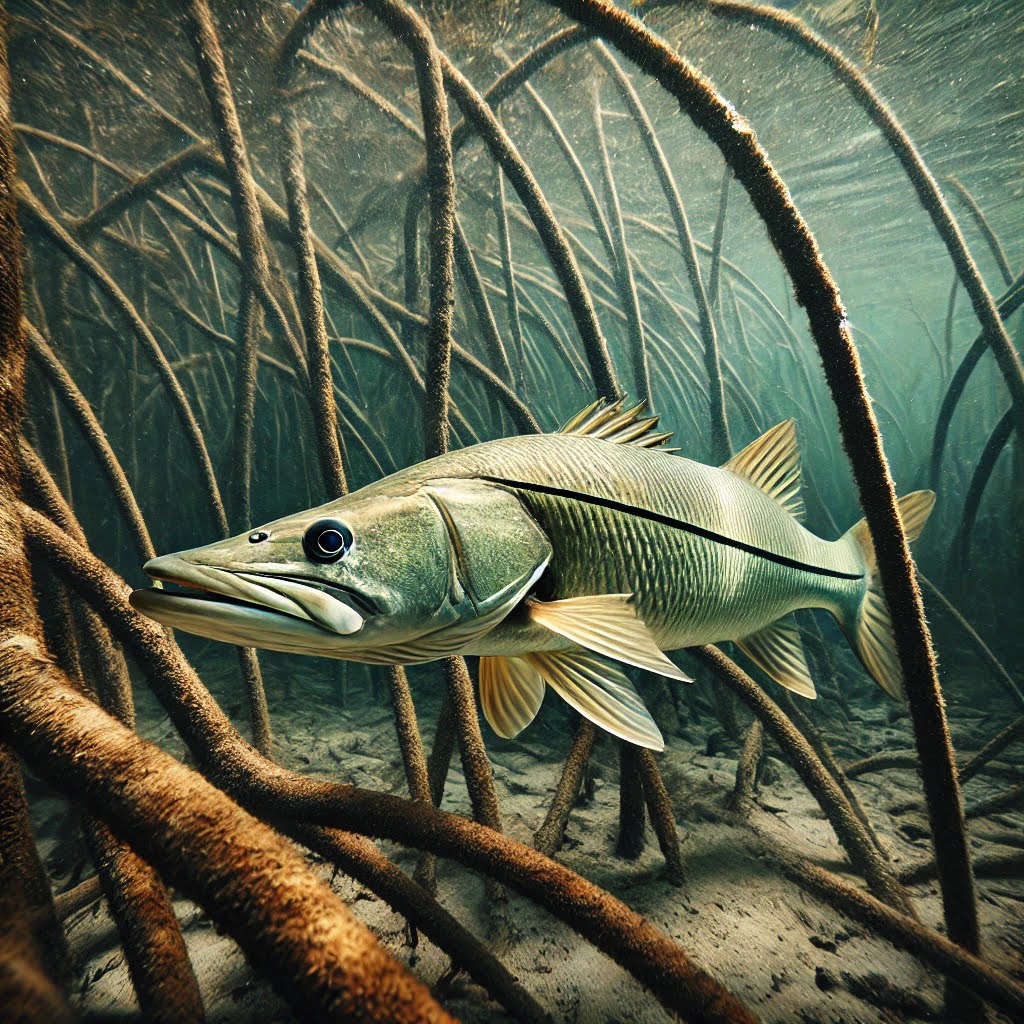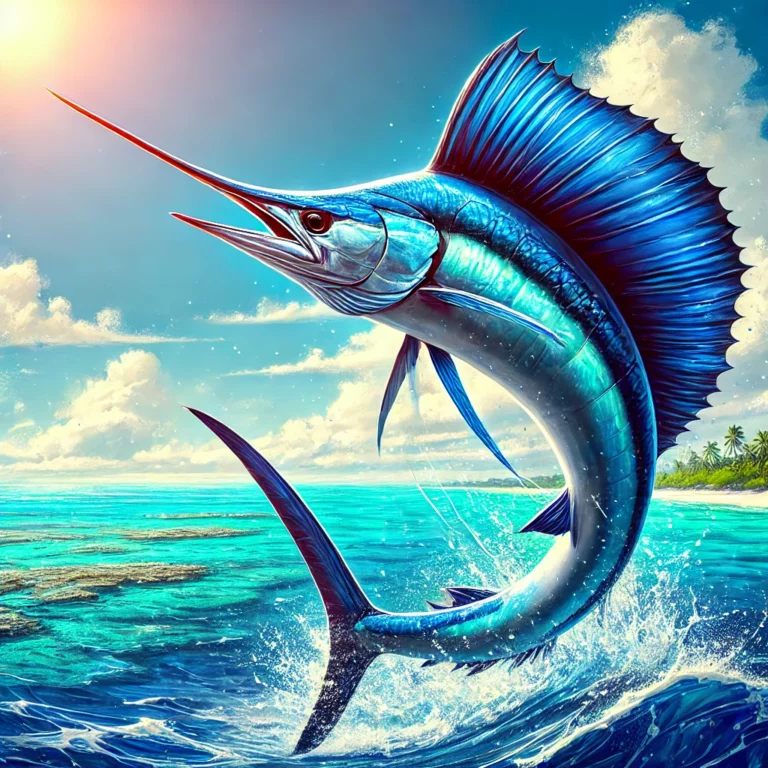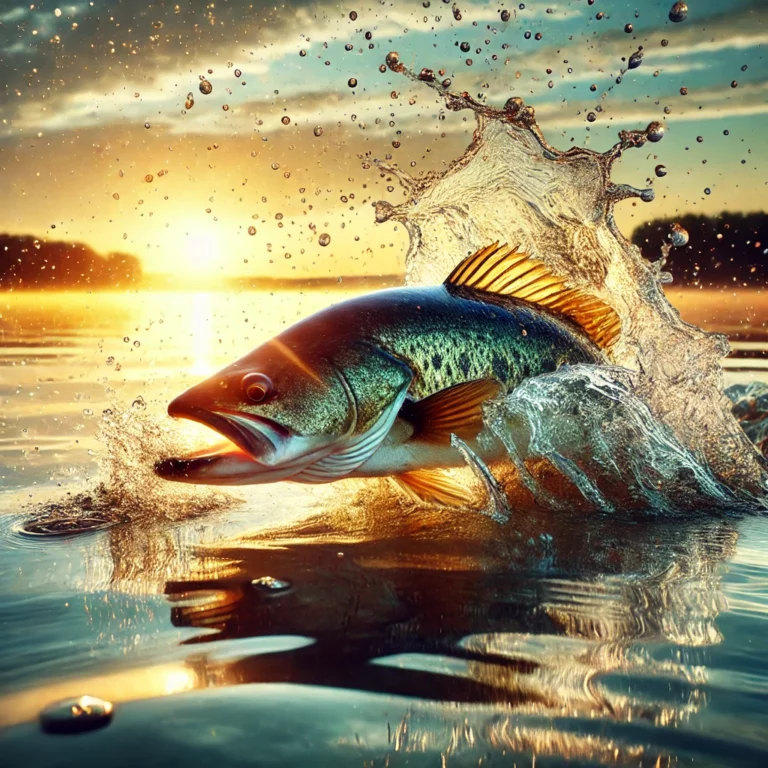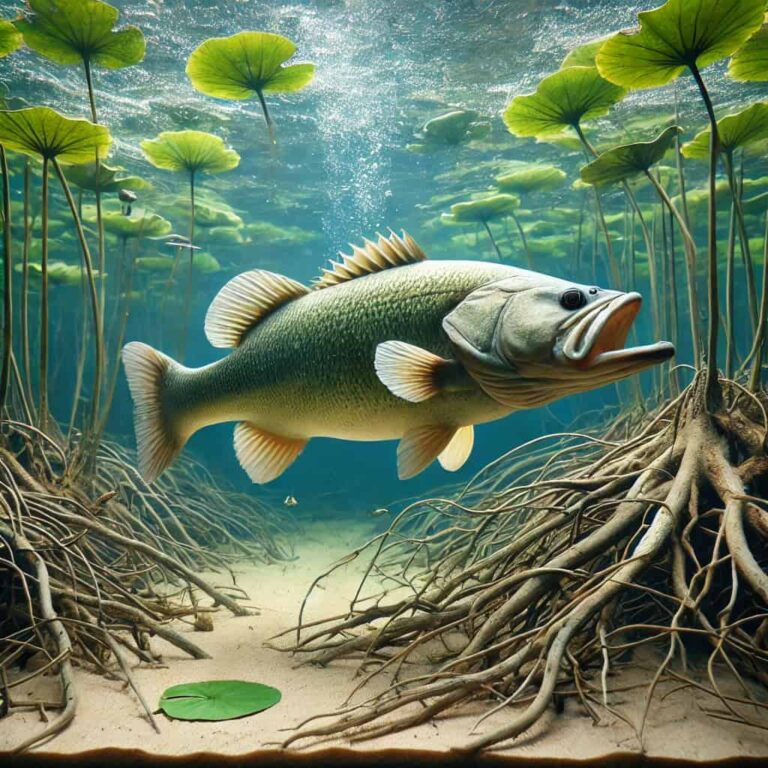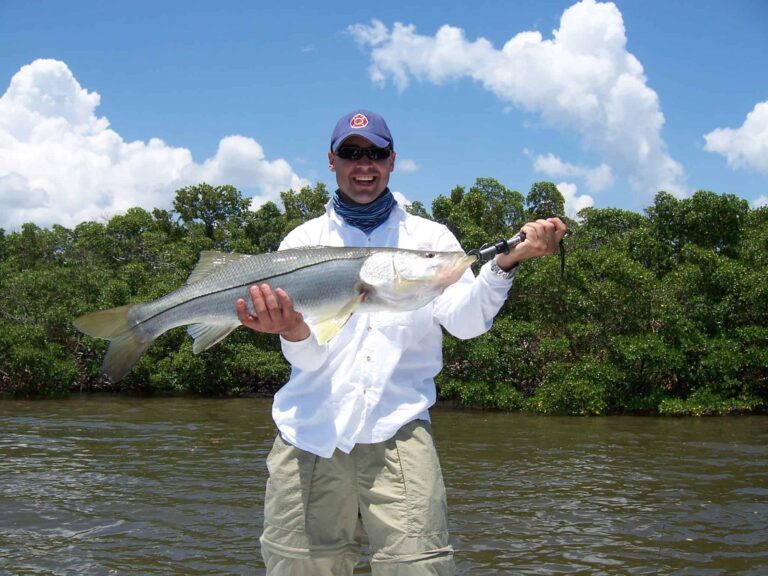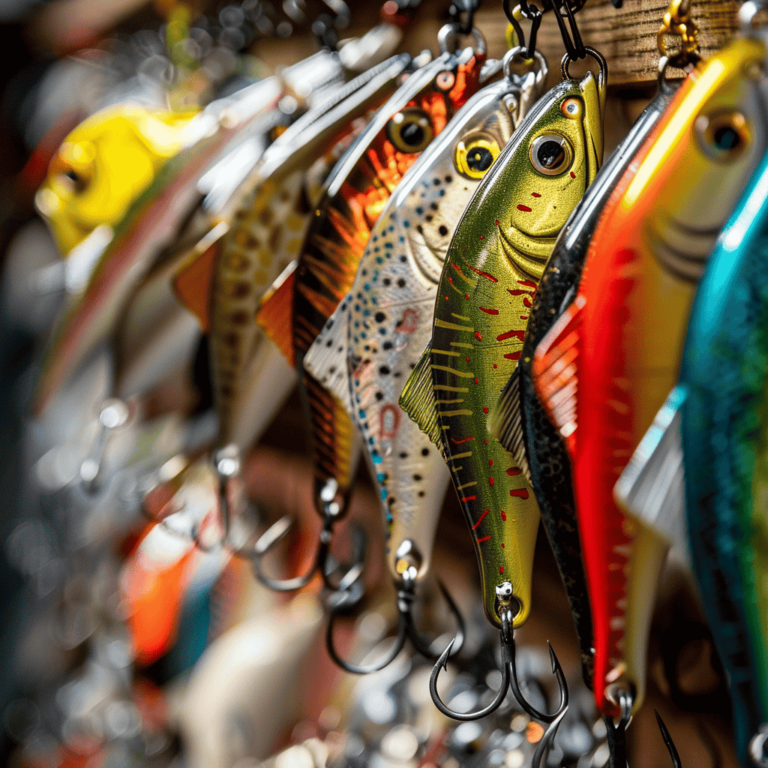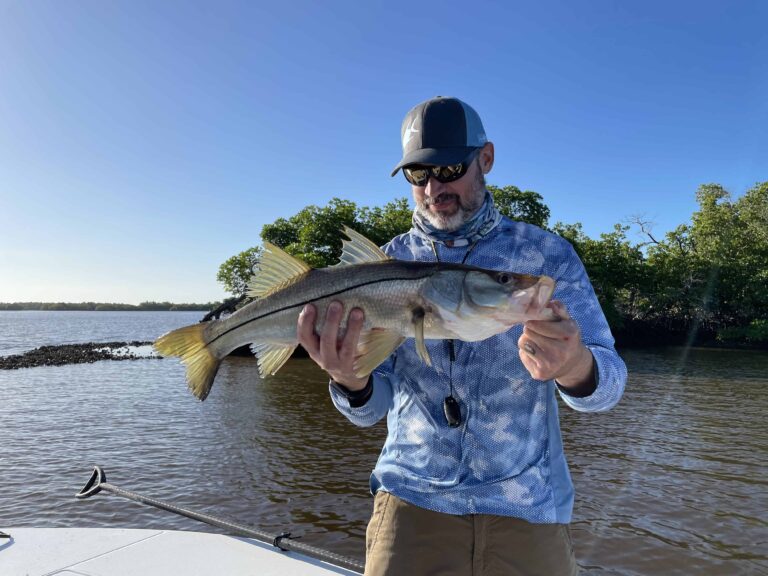6 Snook Lures You Need to Have in Your Tackle Box
Snook are one of the most sought-after game fish in saltwater angling.
Their aggressive strikes and acrobatic fights make them a thrilling catch for any angler.
To increase your chances of landing these elusive fish, having the right snook lures in your tackle box is essential.
Here are 6 must-have snook lures that should be part of every angler’s arsenal.
Types of Snook Lures
1. Topwater Plugs
Topwater plugs are a favorite among snook anglers for their ability to create explosive strikes on the surface. These lures mimic injured baitfish struggling on the water’s surface, triggering snook to attack with force.
Popular Choices:
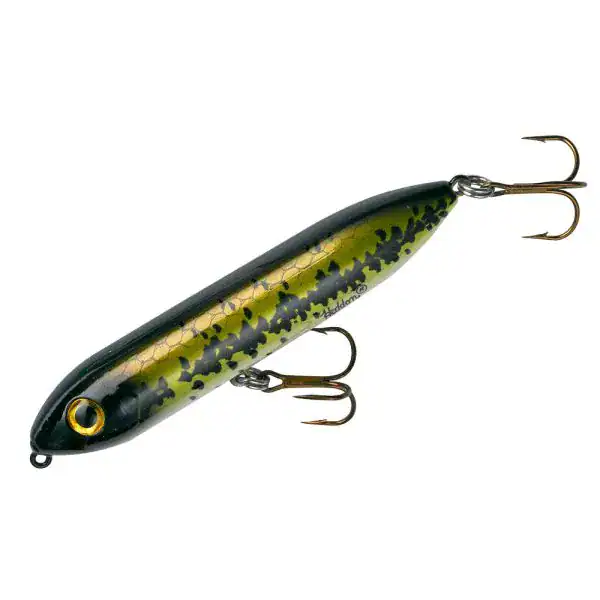
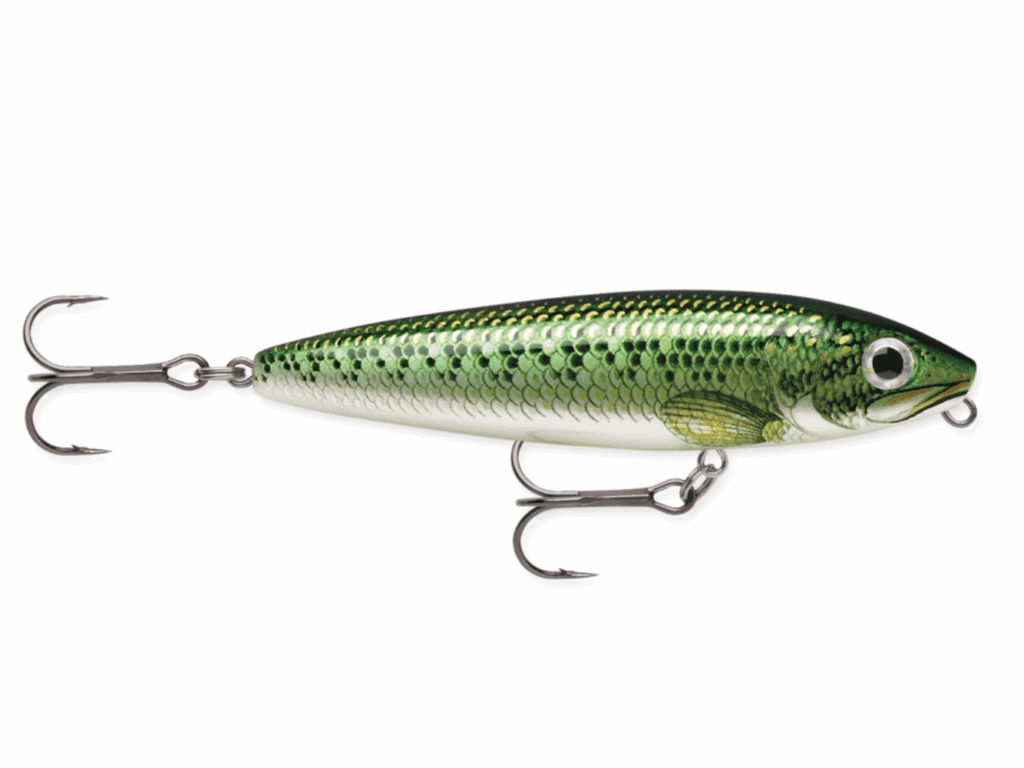
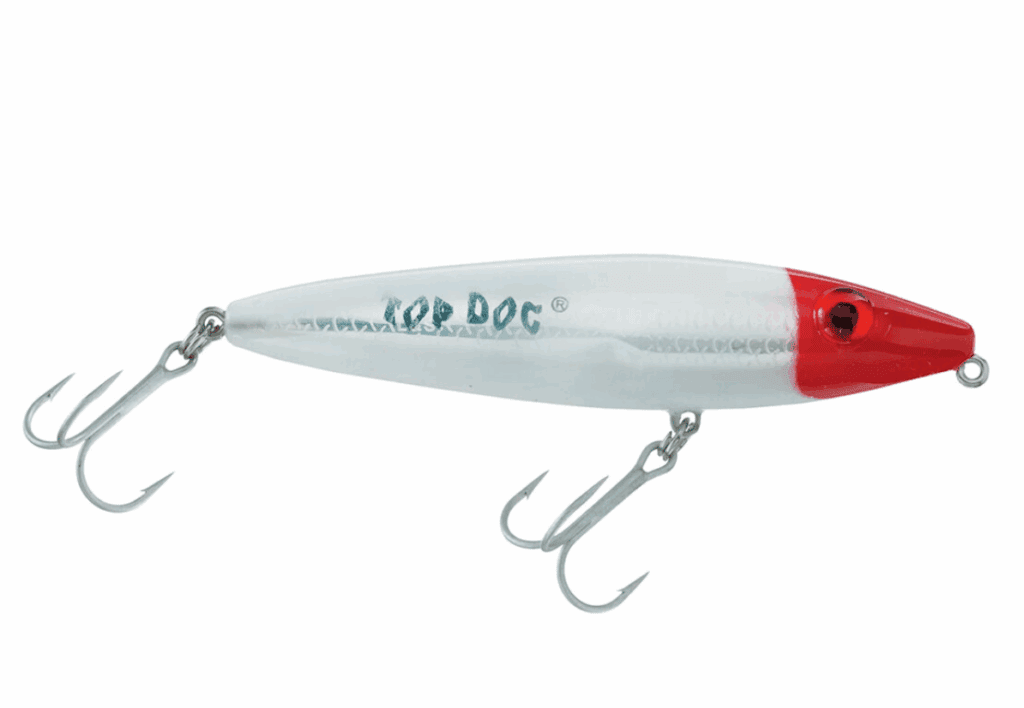
Technique: Cast the plug near structure such as mangroves, docks, or oyster beds. Use a walk-the-dog retrieval technique, where the lure darts side to side with a rhythmic twitch of the rod tip. This erratic motion mimics a panicked baitfish, enticing snook to strike.
Advantages: Topwater plugs are effective during low light conditions such as dawn and dusk when snook are actively feeding near the surface. The visual thrill of a snook exploding on a topwater lure is unmatched.
2. Soft Plastic Jerkbaits
Soft plastic jerkbaits are versatile and can be used in a variety of fishing conditions. These lures mimic the natural swimming action of baitfish, making them irresistible to snook.
Popular Choices:



Technique: Rig the jerkbait on a weighted hook or a jighead. Cast near structure and allow the lure to sink to the desired depth. Use a twitch-pause-twitch retrieve, allowing the lure to dart and glide like a fleeing baitfish. Vary the speed and intensity of the retrieve to match the activity level of the snook.
Advantages: Soft plastic jerkbaits are effective in both clear and murky water. They can be fished at various depths, making them ideal for targeting snook throughout the water column.
3. Swimbaits
Swimbaits are another excellent choice for targeting snook. These lures have a lifelike swimming action that mimics larger baitfish, making them particularly effective for enticing trophy-sized snook.
Popular Choices:
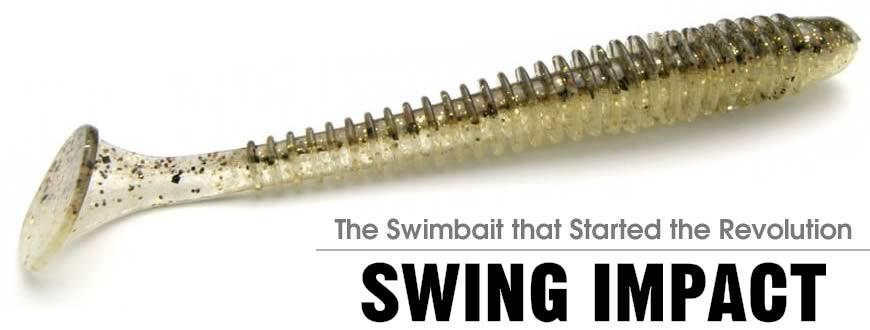
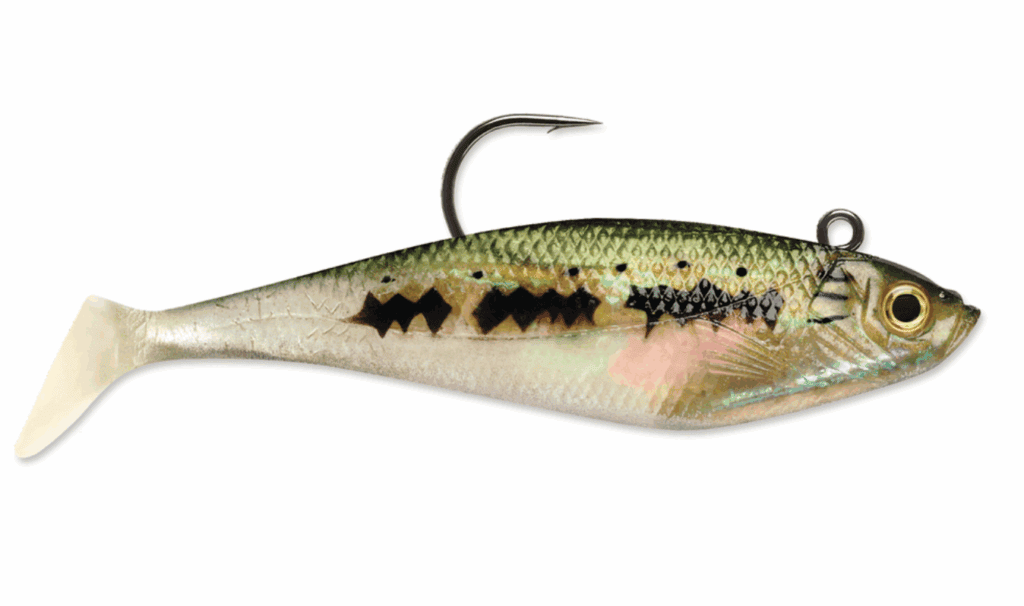
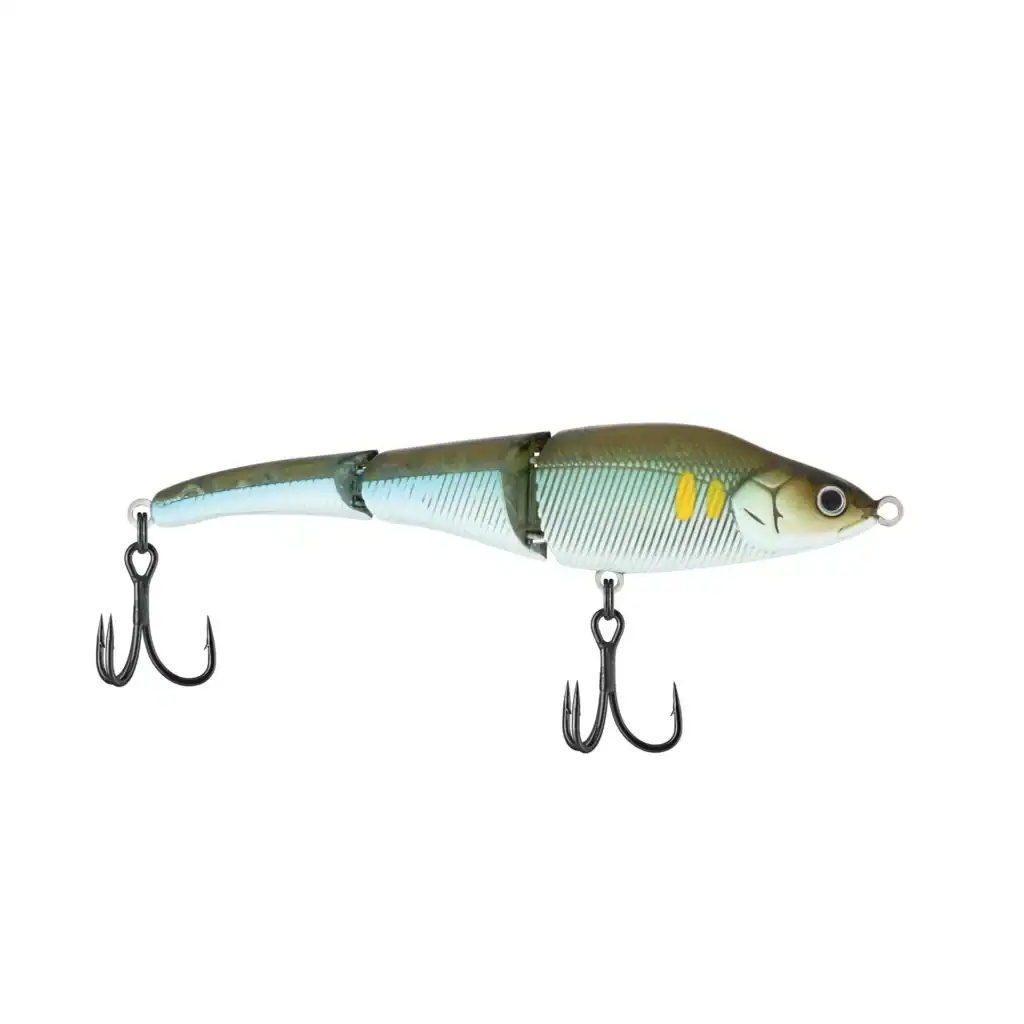
Technique: Cast the swimbait near structure or along the edges of grass flats and allow it to sink to the desired depth. Retrieve the lure with a steady, moderate pace, allowing the tail to create a natural swimming motion. Occasionally pause the retrieve to simulate a wounded baitfish.
Advantages: Swimbaits are particularly effective in deeper water where larger snook tend to lurk. Their realistic action and profile can draw strikes from even the most cautious fish.

4. Suspending Twitchbaits
Suspending twitchbaits are designed to stay in the strike zone longer, making them highly effective for targeting snook that are holding in specific areas.
Popular Choices:
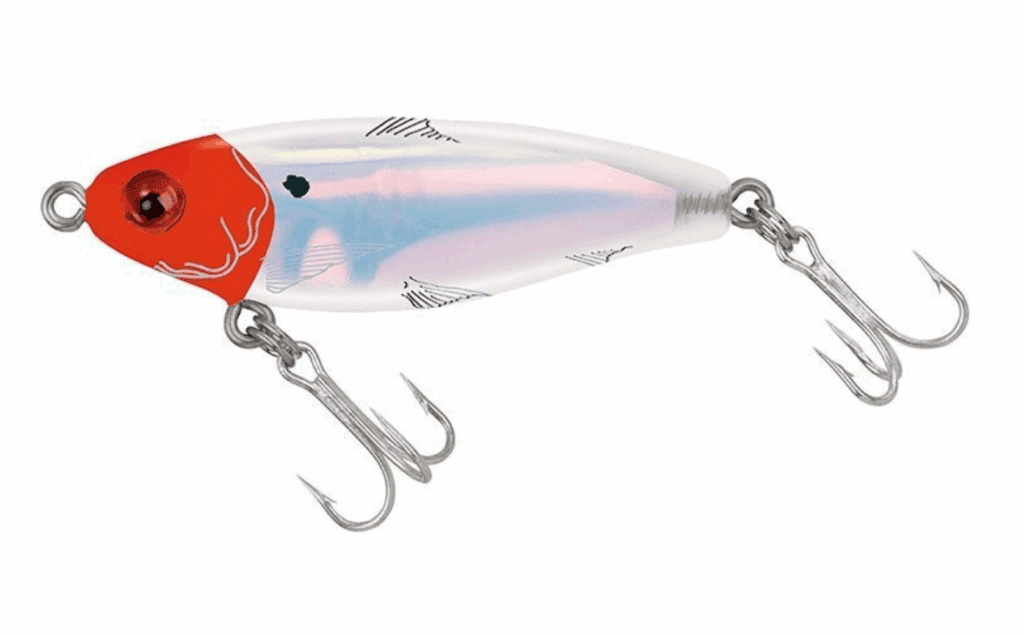
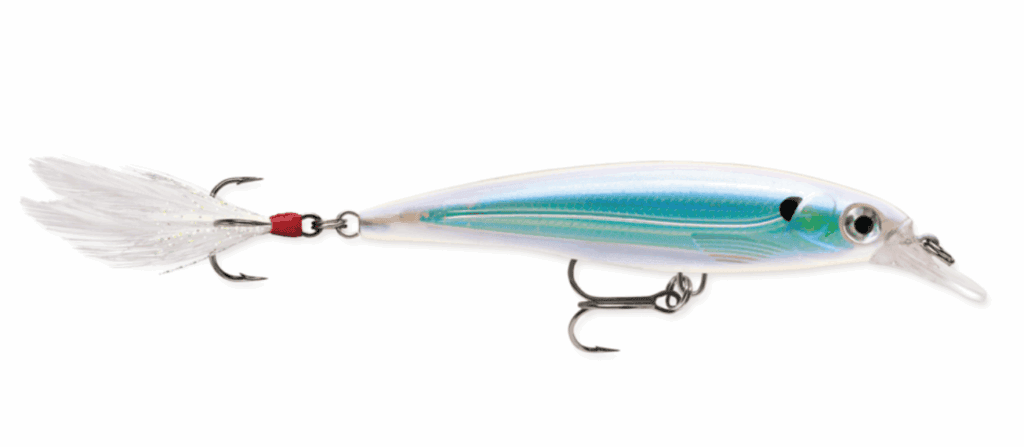
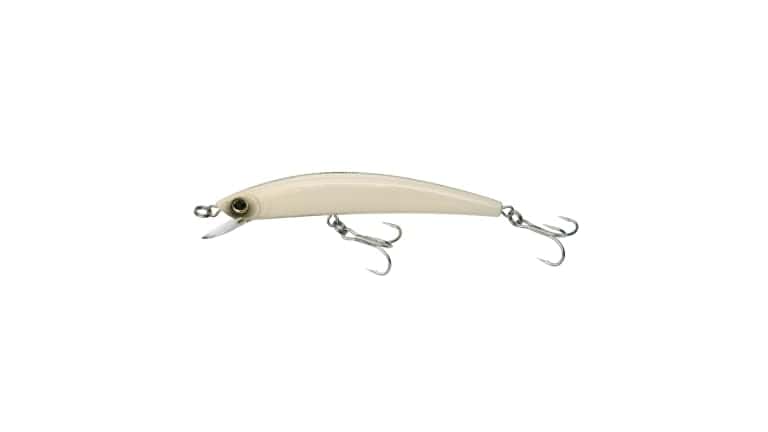
Technique: Cast the twitchbait near structure and allow it to sink to the desired depth. Use a series of sharp twitches followed by pauses to make the lure dart erratically. The suspending action keeps the lure in the strike zone, tempting snook to bite during the pause.
Advantages: Suspending twitchbaits are effective in both shallow and deep water. They excel in cooler water temperatures when snook are less active and require a more enticing presentation.
5. Bucktail Jigs
Bucktail jigs are a timeless classic in the world of snook fishing. These versatile lures mimic a variety of prey items, including shrimp, crabs, and baitfish.
Popular Choices:
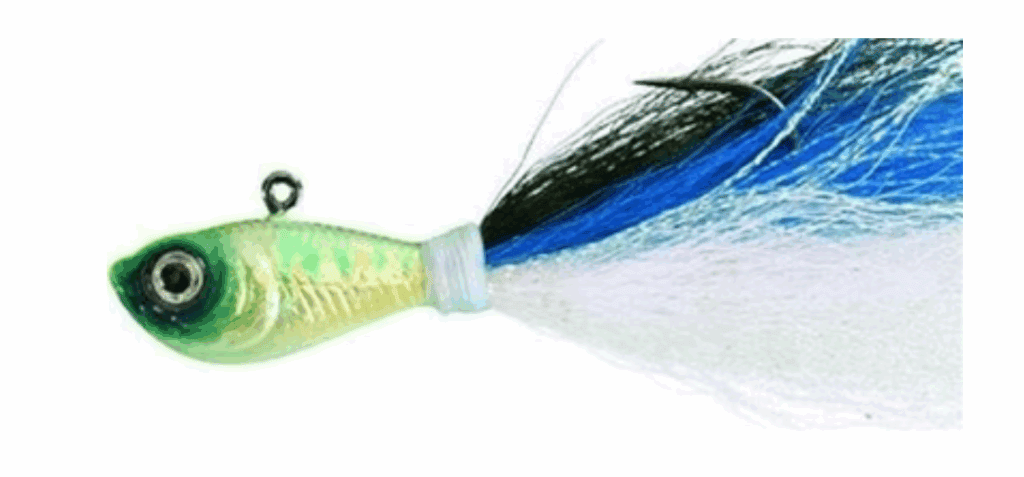
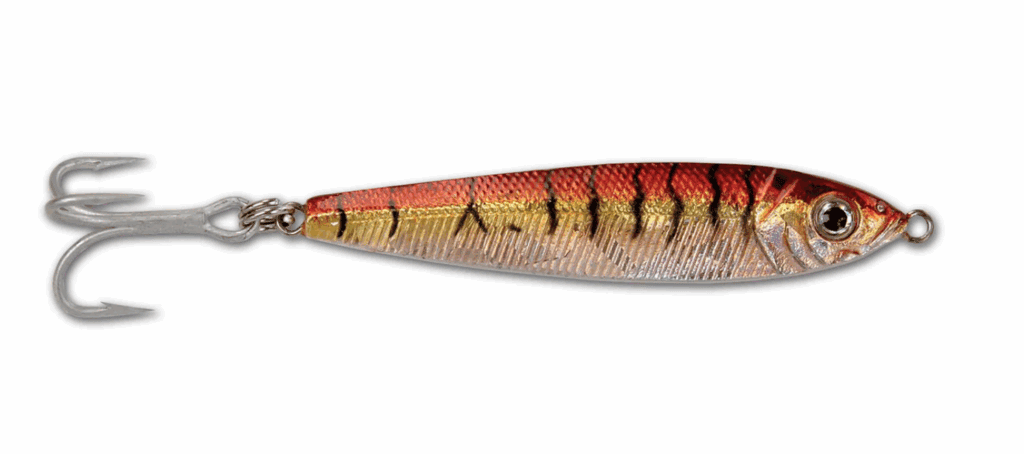
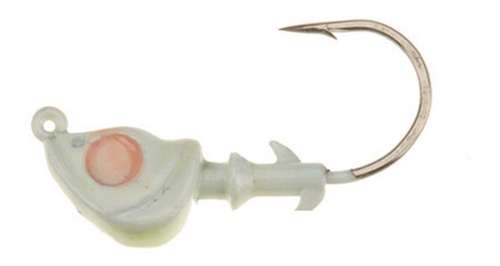
Technique: Cast the bucktail jig near structure and allow it to sink to the bottom. Use a lift-and-drop retrieve, bouncing the jig along the bottom to mimic a fleeing or injured prey item. Vary the speed and intensity of the retrieve to match the activity level of the snook.
Advantages: Bucktail jigs are effective in both shallow and deep water. Their simple yet effective design makes them a go-to lure for targeting snook in a variety of conditions.
6. Paddle Tail Soft Plastics
Paddle tail soft plastics are a staple in any snook angler’s tackle box. These lures have a realistic swimming action that mimics a wide range of baitfish.
Popular Choices:
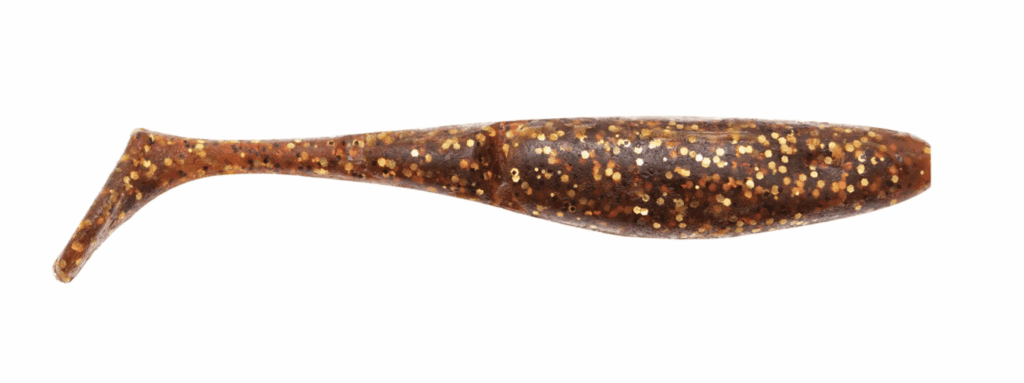
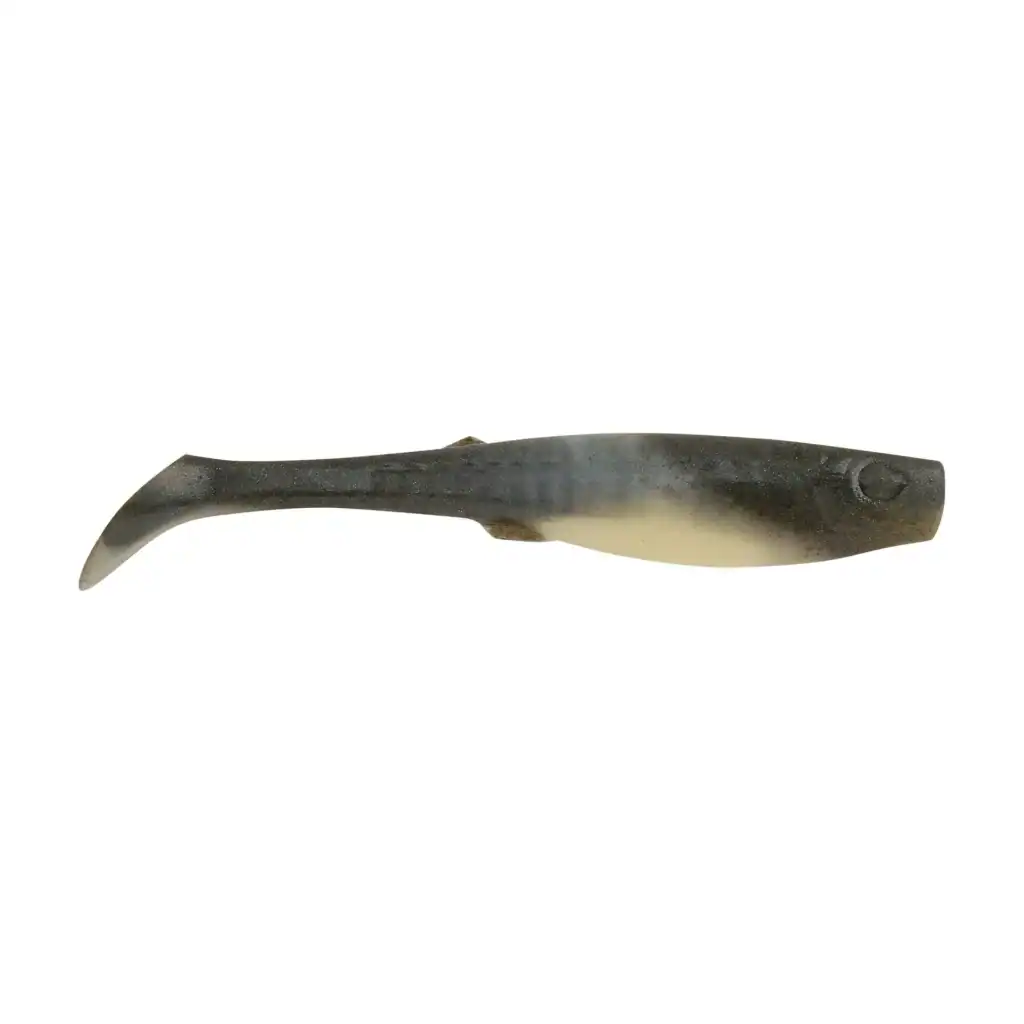
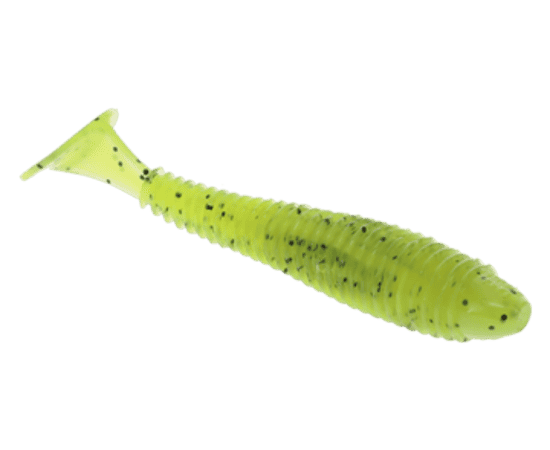
Technique: Rig the paddle tail on a jighead or weighted hook. Cast near structure or along the edges of grass flats and retrieve with a steady, moderate pace. The paddle tail creates a natural swimming motion that entices snook to strike.
Advantages: Paddle tail soft plastics are effective in both clear and murky water. Their lifelike action and versatility make them a reliable choice for targeting snook in various conditions.
Conclusion
Having the right snook lures in your tackle box can make all the difference when targeting snook.
Topwater plugs, soft plastic jerkbaits, swimbaits, suspending twitchbaits, bucktail jigs, and paddle tail soft plastics are all essential lures that should be part of your arsenal.
Each of these lures has unique characteristics and techniques that make them effective in different fishing conditions.
By understanding how to use these snook lures you can increase your chances of landing your next trophy.
Whether you’re fishing in shallow flats, around mangroves, or near deep structure, these lures will help you target snook with confidence and success.
Now get out there on the water and have yourself some thrilling snook fishing action!

